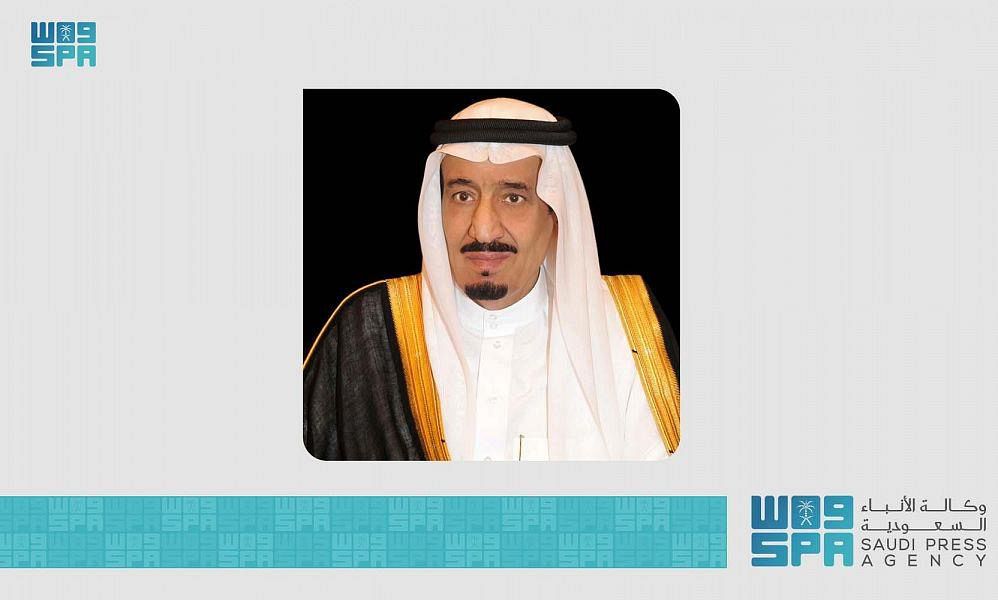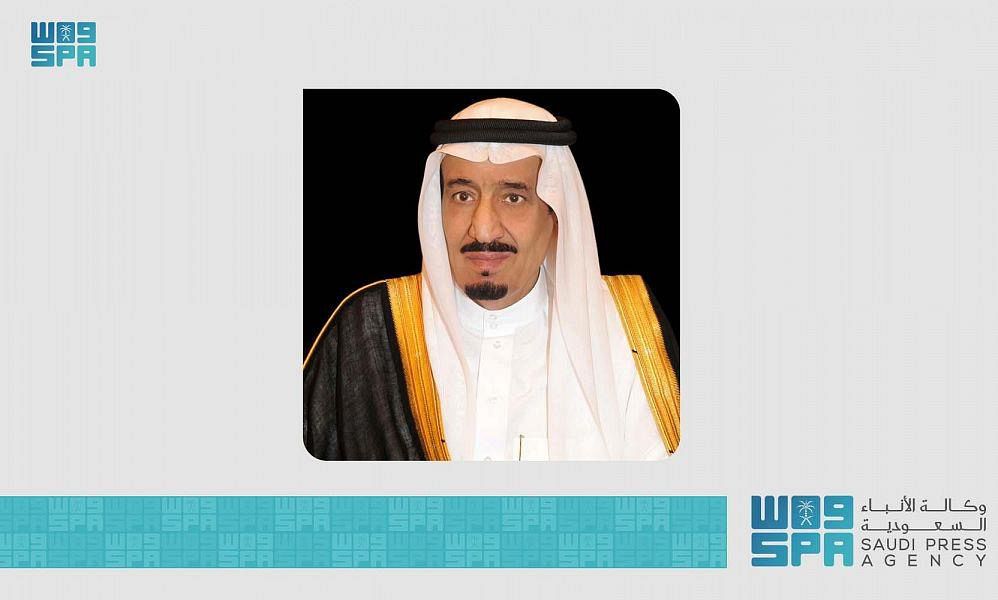
Australia reportedly expelled two Indian intelligence officers in 2020 after Asio alleged a “nest of spies” had sought to cultivate politicians, monitor diaspora communities and obtain classified trade information and airport security protocols.
The Washington Post reported on Tuesday that two officers from the Research and Analysis Wing, India’s foreign intelligence service, had been expelled from Australia in 2020. The newspaper reported the incident was one of “a series of clashes between RAW and western domestic security services.”
The Washington Post detailed that German police had made arrests in operations to “root out” RAW agents within local Sikh communities, and that the UK’s MI5 security agency had warned India after RAW surveillance of England’s Sikh population.
The newspaper also reported that the expulsion of RAW agents had been the subject of warnings from the Asio director general, Mike Burgess, of a “nest of spies” in a 2021 speech. Burgess said the spies came from a “foreign intelligence service” but did not name their origin, saying that information “would be an unnecessary distraction” because Australia was facing espionage and foreign interference attempts “from multiple countries”.
Sign up for Guardian Australia’s free morning and afternoon email newsletters for your daily news roundup
Government sources declined to comment on the story on Wednesday. Asio, the Department of Home Affairs, the Department of Foreign Affairs and Trade and the Indian high commission in Canberra were all contacted for comment.
The prime minister, Anthony Albanese, told reporters in Sydney on Wednesday: “I don’t comment on intelligence matters.”
India is a close partner of Australia, a fellow member of the Quad security arrangement with Japan and the United States, and a nation with which successive Australian governments have sought to cultivate closer diplomatic and economic relationships.
Albanese was feted by the Indian prime minister, Narendra Modi, on a visit to the country last year and joined Modi on his visit to Australia months later. Albanese referred to Modi as “the boss” and compared him to Bruce Springsteen at an arena appearance in Sydney.
The treasurer, Jim Chalmers, when asked about the story on ABC television on Wednesday, did not deny the veracity of the reporting but declined to comment in-depth, noting the alleged incident had occurred under the former Coalition government while Labor was still in opposition.
“I don’t really propose to get into those stories that we’ve seen on the ABC in the last day or two,” Chalmers said. “I think the heads of our intelligence agencies, they make information available in a very deliberate way. I don’t want to get into those kinds of operational issues in any way.
“We’ve got a good relationship with India and with other countries in the region, it’s an important economic relationship, it’s become closer in recent years as a consequence of efforts on both sides and that’s a good thing.”
Asked by ABC host Michael Rowland whether efforts had been “made to express Australia’s concern to the Indian government at the time”, Chalmers replied: “Not that I’m aware of.
“As you know, we were in opposition at that time and so that would be a question best directed to our predecessors.”
In his 2021 threat assessment speech in Canberra, discussing threats of espionage or foreign interference facing Australia, Burgess said one Asio investigation had “focused on a nest of spies, from a particular foreign intelligence service, that was operating in Australia”.
“The spies developed targeted relationships with current and former politicians, a foreign embassy and a state police service,” he said.
“They monitored their country’s diaspora community. They tried to obtain classified information about Australia’s trade relationships. They asked a public servant to provide information on security protocols at a major airport.”
Burgess said the group “successfully cultivated and recruited an Australian government security clearance holder who had access to sensitive details of defence technology”.
“Asio acted,” he said. “We investigated, identified and verified the activity. We cancelled the government employee’s security clearance. We confronted the foreign spies and quietly and professionally removed them from Australia.”
In a podcast interview with Guardian Australia in 2021, Burgess elaborated on how the spies were removed: “We communicated with the foreign intelligence service that owned those officers, the undeclared intelligence officers working for a foreign intelligence service … and we suggested it would be wise if they left the country by a certain date.”
Burgess said the individuals “left freely and quickly”.







